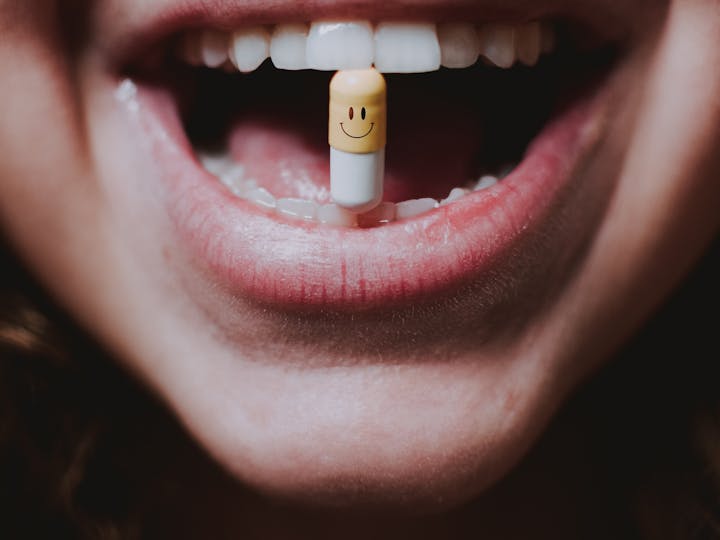Substance use disorders are complex, often rooted in a mix of emotional, psychological, and physiological factors. While traditional treatments have focused on either counseling or medication, a more effective and modern approach combines both. Integrating behavioral therapy with appropriate medication offers a well-rounded path to recovery—one that addresses not just symptoms but the root causes of addiction.
Why Combination Therapy Works
Recovery isn’t one-size-fits-all. Some individuals respond well to talk therapy, where they gain insights into their behavior and develop coping strategies. Others may benefit from medication that stabilizes brain chemistry or eases withdrawal symptoms. However, combining these methods can deliver far more impactful results.
Medication can help manage cravings, reduce relapse risks, and stabilize mood. Counseling complements this by tackling the emotional triggers, helping individuals reshape negative thought patterns, and building a strong support network. Together, these treatments form a powerful duo—one that not only treats addiction but promotes long-term wellness.
The Role of Counseling in Recovery
Counseling, whether individual or group-based, helps clients identify underlying issues that contribute to substance use. Trauma, stress, depression, and anxiety are common drivers, and talk therapy provides a safe space to explore these challenges.
Cognitive Behavioral Therapy (CBT), Motivational Interviewing (MI), and other therapeutic techniques help patients build resilience, avoid high-risk situations, and develop healthy coping mechanisms. These approaches work best when clients are mentally present, which is where medication can play a vital supporting role.
How Medication Supports the Process
When used appropriately, medication can reduce the physical and mental barriers that often hinder progress in therapy. For example, medications like buprenorphine or naltrexone can help reduce cravings and manage withdrawal in those recovering from opioid use. This allows patients to focus more clearly on the psychological aspects of recovery during counseling sessions.
For individuals struggling with alcohol use disorder, certain medications can reduce the rewarding effects of alcohol, making it easier to resist the urge to drink. These interventions are not meant to replace counseling but to enhance its effectiveness.
Programs that offer medication assisted treatment integrate both elements in a supervised, personalized setting. This ensures that medication is used safely and that patients receive tailored therapeutic support throughout their recovery journey.
Personalized Care Is Key
One of the strengths of a combined approach is its adaptability. Treatment plans can be adjusted as the patient progresses, allowing for more intensive counseling when emotional breakthroughs occur or modifying medication doses as needed. This level of customization increases the chances of sustained recovery and reduces the likelihood of relapse.
Looking Ahead
The stigma surrounding medication in addiction recovery is slowly fading as more evidence supports its value when paired with counseling. Healthcare providers are increasingly adopting this dual approach, recognizing that addiction is not just a bad habit but a chronic condition that benefits from medical and psychological care.
Combining counseling and medication is not about choosing one over the other—it’s about creating a comprehensive plan that supports recovery from every angle. With professional guidance, a balanced treatment strategy can pave the way to lasting sobriety and a healthier, more fulfilling life.


